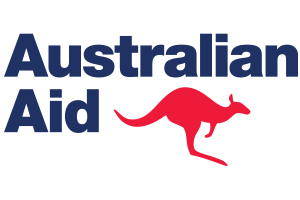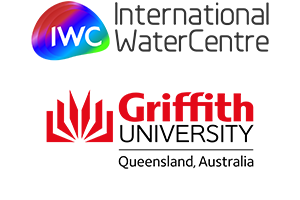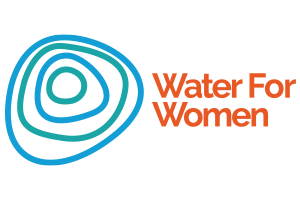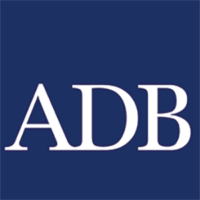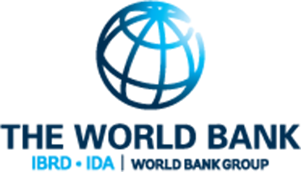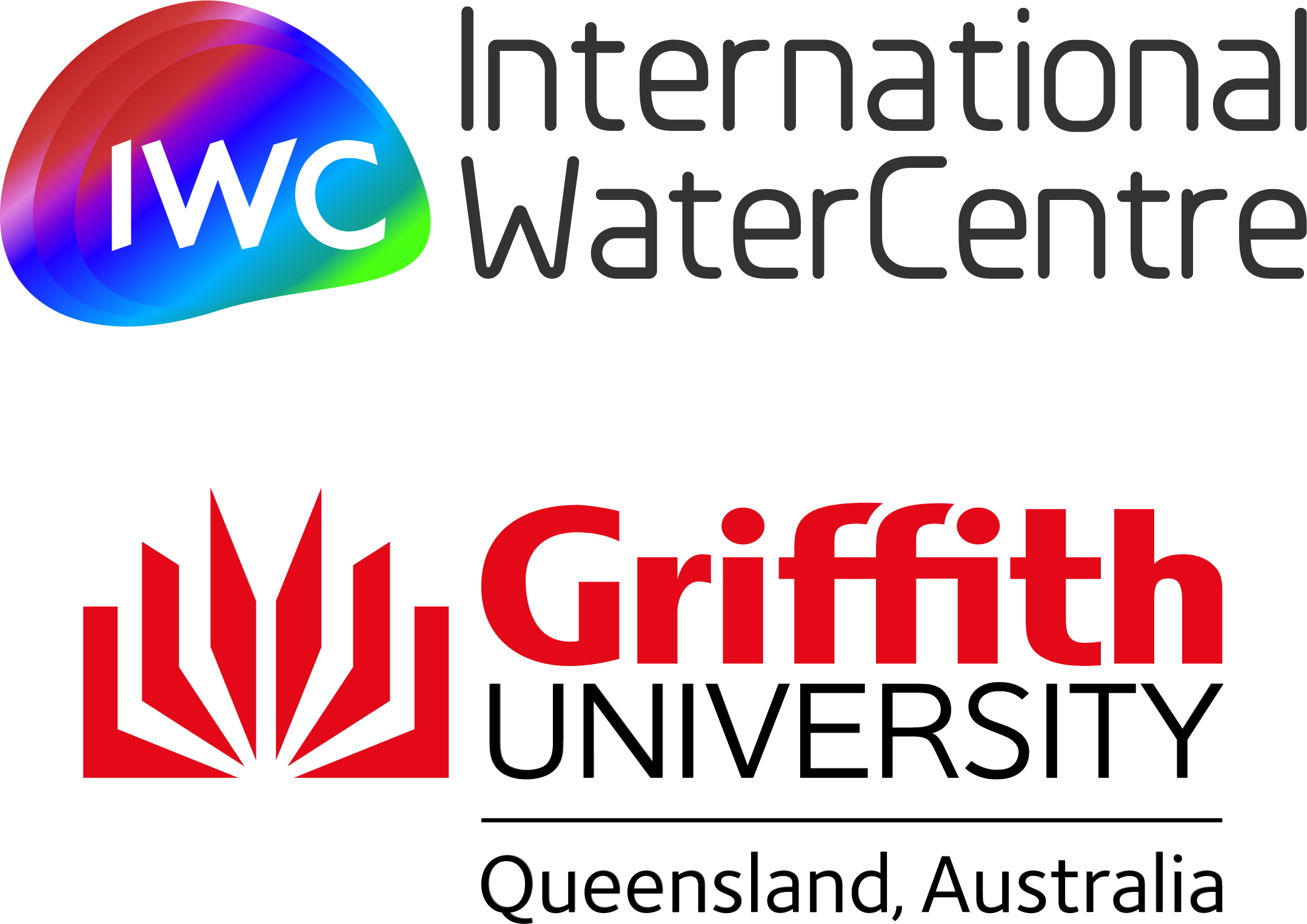Oral Presentations:
GEDSI – from inclusion to transformation in water management and WASH
This theme will explore the importance of gender equality, disability and social inclusion (GEDSI) in WRM and WASH, both in terms of meeting the WASH needs of everyone all the time, but also in terms of managing and governing these systems. The twin focus on “leaving no-one behind” and “empowerment of women and marginalised populations” are both interdependent and central to achieving the SDGs. Climate change, together with parallel societal and demographic changes, will further exacerbate inequalities, making our attention to GEDSI even more time-critical.
However, if we are to ensure sustainable and equitable outcomes in WRM and WASH, we must go beyond just inclusion in WASH and WRM activities and services, and seek to be transformative in our approaches. This requires addressing fundamental barriers to social inclusion. As WASH and WRM practitioners, we must identify what these transformative approaches look like in a changing climate.
PLEASE NOTE: to listen to the Audio PDF’s, you will need to download the file to your computer and open with Adobe PDF. Unfortunately web browsers do not allow you to play audio when viewing an Audio PDF within the browser.

